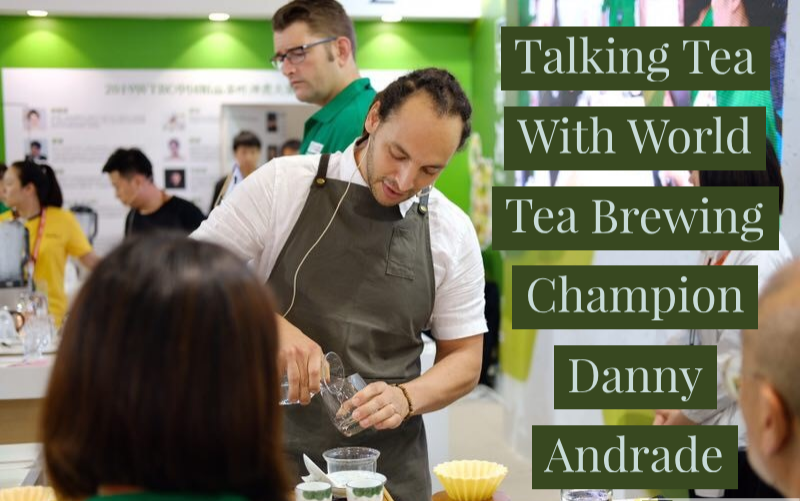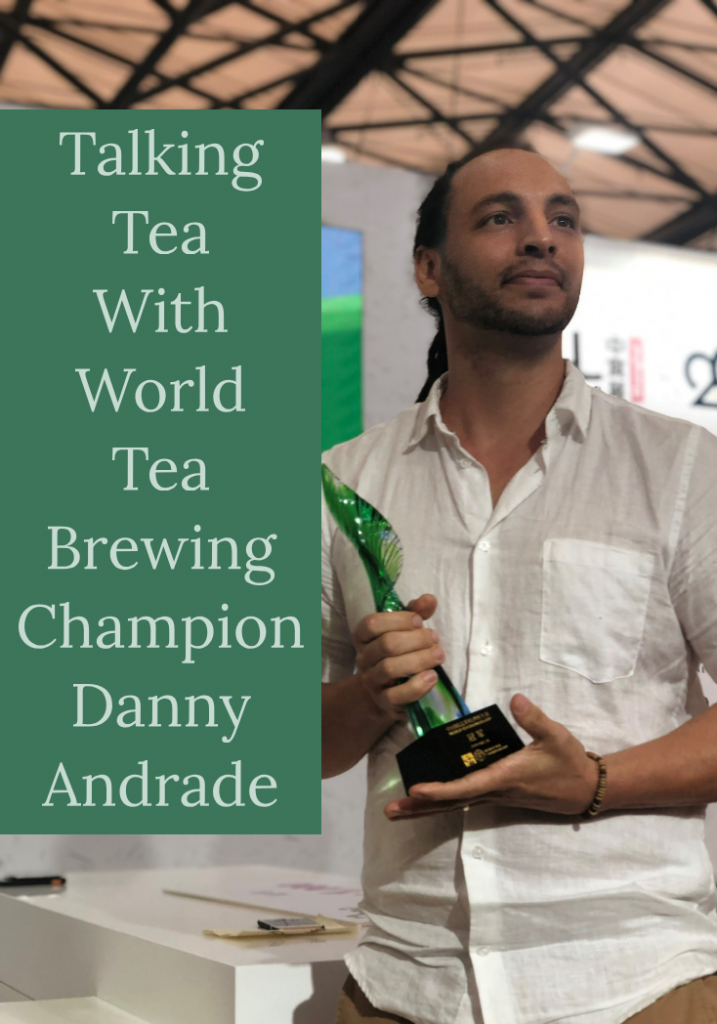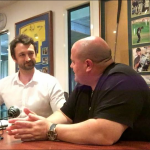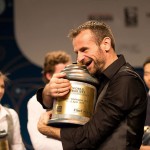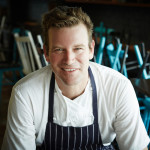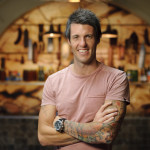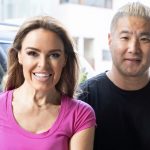Talking Tea with Danny Andrade
In Australia, coffee is king, with cafes on almost every corner. Interest in tea, however, is growing. Danny Andrade, originally hailing from Brazil – itself a big coffee country – came to tea knowing hardly anything about it. Yet his transition to tea was so smooth, he recently won the World Tea Brewers championship. We spoke with Danny about his experience, how he got into the competitive tea-brewing world, and how tea compares to coffee.
The World Tea Brewers Championship
Training for the competition was not easy, Danny says. The world of tea has a wealth of different varietals and brewing methods, and the first test in the competition was blind. You need to have a solid knowledge of how different teas from different places compare to one another. In the end, Danny attributes his advancement to the second round as a spot of luck, as he was competing against others who had a much more extensive background in tea.
In the final round, however, Danny really shone, brewing a signature tea from three different varietals brewed separately, then infused with a bit of raw Brazilian honey. He also employed coffee-inspired methods, such as the use of a diffuser to add some extra aromatic ingredients such as orange peel. The result was a unique mix of flavours, and it clearly made a splash among the judges. Looking at photos from the competition, and hearing about all the steps that Danny took to brew the tea, the process seems like a science experiment. Combining the right amount of ingredients at the right time, at the right temperature, is indeed a science.
Danny didn’t just go from knowing nothing about tea to becoming a world tea-brewing champion overnight. It took some extensive training and preparation before participating in his first competition. When it came to tasting, he trained daily, searching for the subtleties in sweetness, acidity, and aftertaste that differentiated one variety from another. It also took some time to put together the plan for the winning brew, with careful examination of the primary characteristics of certain varietals and deciding how best to combine them.
Many of Danny’s competitors hailed from China and Japan, countries with a rich and long-standing culture of tea. However, such a tea culture hasn’t really caught on in the West, where most people’s experience of tea is of dunking dusty tea bags into hot water. “We don’t know sometimes if it’s real tea,” Danny says. He argues that tea is actually much like coffee. Like coffee connoisseurs, tea experts discuss elevation, pH, microclimates, varietals, brewing methods, and other factors that help make the best cup of tea.
But tea is not exactly like coffee, and it’s not just in the part of the plant that’s harvested and brewed. The biggest difference? The age for the perfect tea. In the coffee world, a producer can wait five to ten years to get the best bean for a brew. In tea, however, that wait time extends to at least sixty years: an entire lifetime for a high-grade cup of tea! Danny has even made teas from century-old varietals such as Ya Shi Xiang.
Danny advises newcomers to the world of tea to forget about tea bags and start with tea leaves. This is how tea-drinking cultures consume tea, and it’s the best way to evaluate the quality of the tea. Your local supermarket is unlikely to house high-quality tea, so search for specialty shops and ethical sources. Better yet, get in touch with producers directly. But it’s not just about the tea leaves themselves. Discuss brewing methods, the water temperature, and the different tastes of different teas.
The next step, whether you’re a consumer or an owner of a café looking to branch out into tea, is to brew your own tea. Even with a high-quality varietal, it may take some time to brew the perfect cup, as tea brewing largely remains a manual process. Start with the recommended method, and feel free to experiment by adjusting temperature, the amount of tea brewed, or adding extra ingredients to infuse with it. And, if you’re interested in even more in-depth research, visit the countries where tea is a long-standing tradition to experience truly well-made tea and interact with experts.
Despite the fact that tea is one of the oldest continuously consumed products in the world, it remains largely unexplored territory in Australia. More and more people like Danny are discovering the immense possibilities of the drink and trying out some new things with it. And, thanks to the advent of the internet, the information is out there. It’s never too late, or too early, to embark on your own tea journey.
Danny can currently be found at 3Brothers Coffee, where he works as a relationship manager.
Danny’s Key Takeaways
-
Want to develop your own taste buds? Train every day – sample the coffee, the tea, the food, and think carefully about how it tastes.
-
Follow your own star, and your own instincts. Overthink a decision and you may lose a golden opportunity.
-
Work out a good morning routine: drink water first thing in the morning, and try not to check your phone until an hour after waking up.
-
If you want to learn more about tea, speak to people who are experts and experienced with the drink, whether you find them online or in-person.
-
Everyone you meet has something to share with you. Listen to them, collaborate, and share knowledge.
-
Whether it’s professional or personal, focus on building and maintaining strong relationships.
-
The internet is an amazing tool, but be sure to take a step back sometimes and respect the moment.
Podcast: Play in new window | Download
Subscribe: RSS

